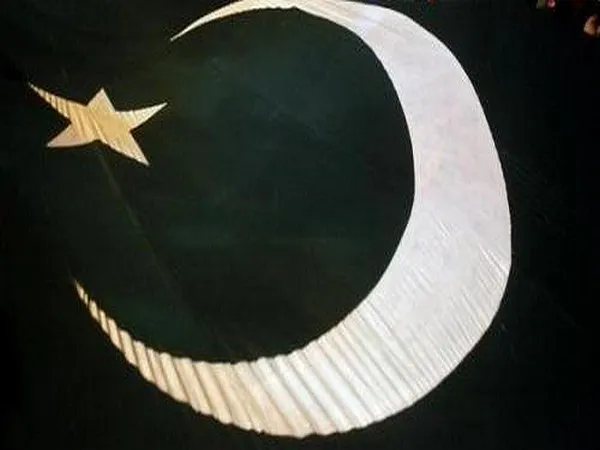Tea is considered to be a drink all over the world that is enjoyed among friends and relatives with sheer happiness. That happiness disappeared from the minds of common Pakistanis who were advised recently by the Federal Planning Minister Ahsan Iqbal to consume less tea as the Government does not have enough foreign exchange to spend about £500 million annually from the Central Bank for import of tea which is very much popular among rich and poor who drink at least three cups a day on average.
The economic condition is so worse in Pakistan that the current government who has allegedly came to power by ousting Imran Khan with the help of a section of Pakistan Army, has raised the price of fuel, natural gas and electricity by up to 45%, sending food prices to an unprecedented level. This was done to please IMF as the agency is considering a bailout package of around US$ 5 billion, under the influence of America. Washington that continued to ignored Islamabad in the last few years, is trying to counter influence of China in Pakistan through IMF loan.
The Pakistan Government is unable to print new books for school going children for the current Academic year that starts in August 2022. According to a news report in Urdu Daily, Asas, around 30 thousand school children has already stopped coming to school in Lahore and the number of dropouts could reach to one million by August 2022 if the price of books and stationeries are not dropped and new books are not printed. Experts believe that number of school dropouts in Pakistan could be two million by end of 2022 if school – linked subsidies are not provided. Federal Education Minister Rana Tanvir Husssain has acknowledged the grim situation in the educational sector.
In spite of a 15% deficit budget and less allotment for developmental projects, salaries of the Chief Minister and other Assembly members have been increased in the Gilgit-Baltistan Budget for FY 2022-23. That Pakistan government is not at all serious to resolve economic issues of its citizens is amply evident from the fact that the government has proposed an allocation of Rs.1.523 trillion for defence services for the fiscal year 2022-23, an increase of 11.16 per cent over the initial allocation for the outgoing year (2021-22), according to budget documents tabled in the national assembly. The defence spending in the next year would be increased by 6 percent whereas allocation in health, housing ,education and development sector have been decreased by 31%, 77%, 15% and 11% respectively. Islamabad is also not able to fund the OIC subsidiary in Dhaka due to financial crunch and the outstanding balance towards mandatory contribution to Islamic University of Technology, Dhaka, a subsidiary of OIC, is around US$400,000/-.
Common Pakistanis are confused and are protesting in provincial capitals about the inflation and non-availability of certain essential commodities. Yet, the Shahbaz Sharif led government, like “Nero fiddled when Rome burned”, is insensitive and indifferent to the plight of common people and is only looking after the interests of big businessmen and high level defence personnel.

